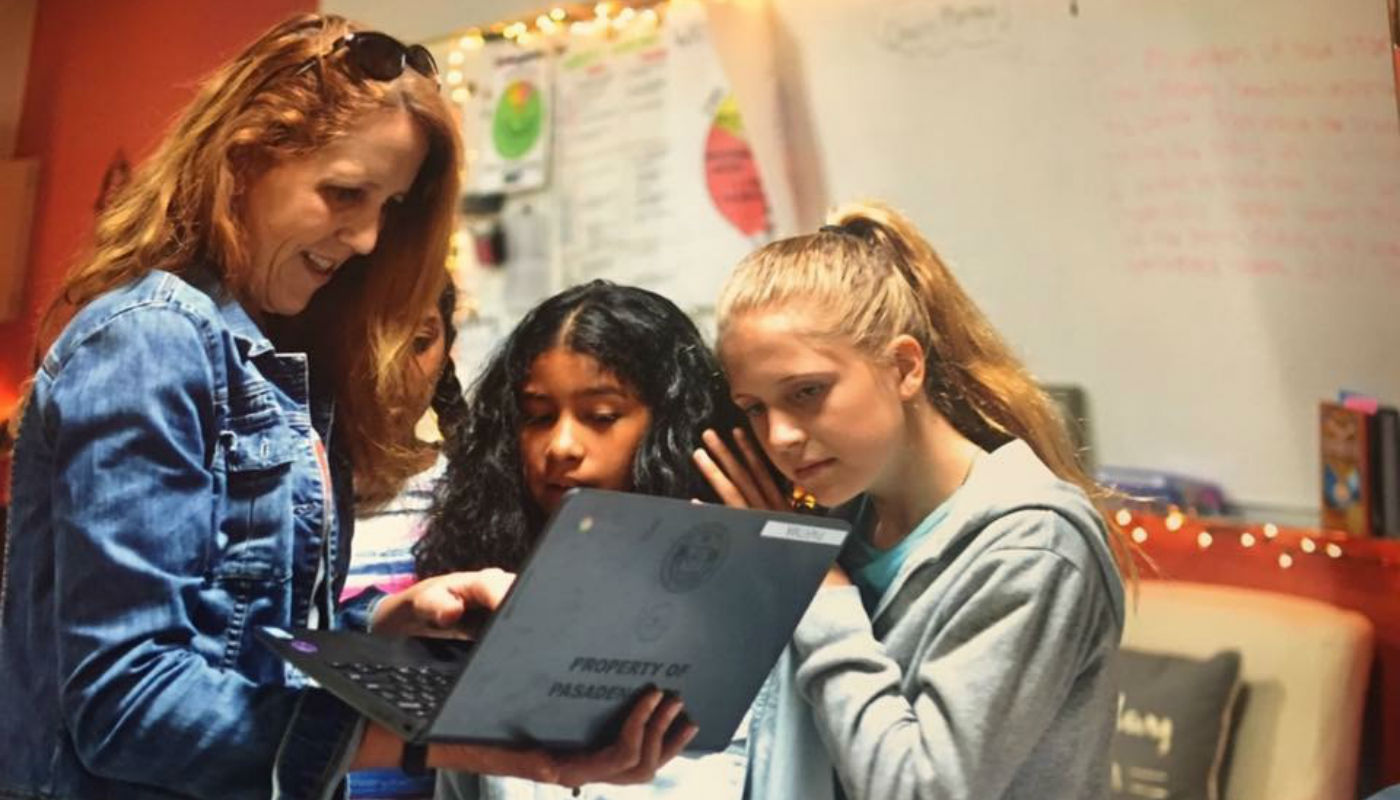
As a 6th-grade teacher, I have the unique challenge of introducing my students to middle school. I also have a lot of students in my classroom — last year I had 40 students in just one of my English Language Arts classes, whose reading levels ranged from 4th to 12th grade.
Most of our state’s funds are funneled into necessary support for students who have special needs and struggle academically. However, I noticed a clear need to service a population of students that are academically succeeding.
Summit Learning has helped me bridge that gap in my classroom.
Customized Learning Eliminates Busywork
At my school, many of our brightest students would leave public education at the end of 5th grade and attend private schools. Parents often told me they were switching to private schools because middle school was not academically rigorous enough to prepare their gifted child for high school and college.
They weren’t wrong. In my old classroom, if my high-performing students were done, I would give them extension activities so I could focus my energy on students with special needs. This was extremely frustrating because I saw my gifted students becoming bored or acting out.
After two years of teaching in the Summit Learning Program, I’ve seen school become meaningful for these students because of the differentiation the Program allows.
These students are able to challenge themselves to add more rigor and depth to their learning.
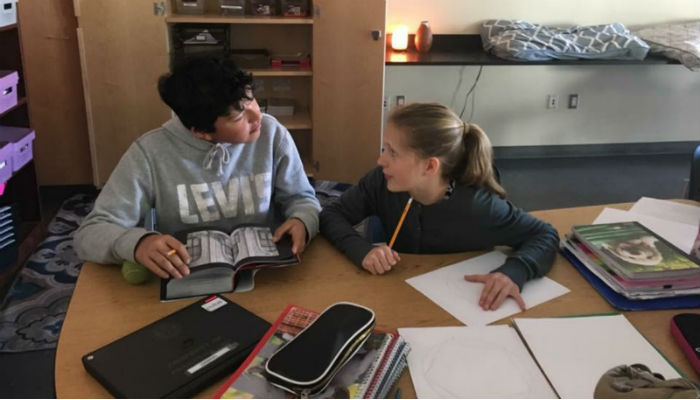
Self-Direction Drives Higher Student Engagement
At the beginning of every school year I let my students know that this is their year. They are in the driver’s seat. They can choose to coast by and pass or they can challenge themselves.
One of my students, Klara, thrived especially during Projects. Since Klara had access to the Cognitive Skills Rubric, an assessment and instruction tool that outlines the continuum of 36 interdisciplinary, higher-order thinking skills that are necessary for college and career readiness. She figured out that she was not limited to the traditional 6th grade rubric that was set up for her.
She made a goal to reach 7th grade Rubric scores by the end of December and 8th grade Rubric scores in at least one area by the end of her 6th grade year.
Klara became intrinsically motivated to not just breeze through her work, but master and have a deeper understanding of the tasks laid in front of her. When practicing self-direction on her assignments, she always passed assessments on her first try then meet with me to thoroughly understand any questions she missed.
Klara was not satisfied with just passing. She craved a complete understanding of what she was supposed to learn.
The Summit Learning Platform Allows for Assignment Flexibility
In my English class, I incorporate a Reader’s and Writer’s Workshop into our everyday routine, in which students complete writing exercises in a Writer’s Notebook.
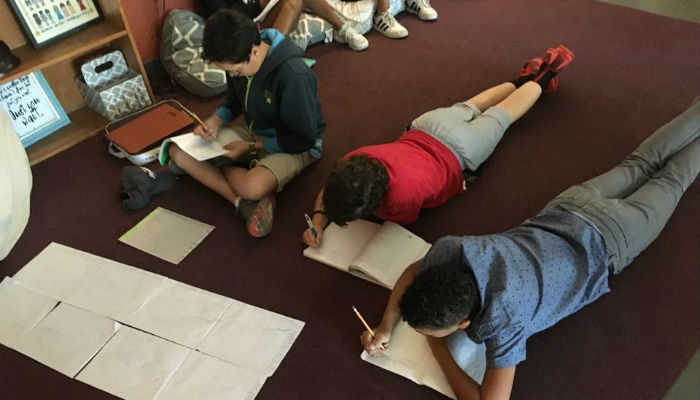
Their writing from this workshop eventually culminates into a Project they write on the Summit Learning Platform. My students can work flexibly and on a timeline that works for them and when they’re ready, they type their first draft of the final Project onto the Platform and request feedback from me digitally.
This is another beautiful aspect of the Summit Learning Platform. I am not tied down to any specific Projects. I may create Projects that work for my student population.
This coming school year, I am going host my entire Writer’s Workshop on the Platform. They’ll continue to use their notebooks for when they write “off the page” (a form of free thinking and note-taking).
I believe moving to the Platform allows for Writer’s Workshop to be carried out with complete fidelity, while also prompting students to become more comfortable with technology.
This is another beautiful aspect of the Summit Learning Platform — teachers may create their own lessons (or adopt lessons) and put them on the Platform to use. I am not tied down to any specific Projects. I may create Projects that work for my student population.
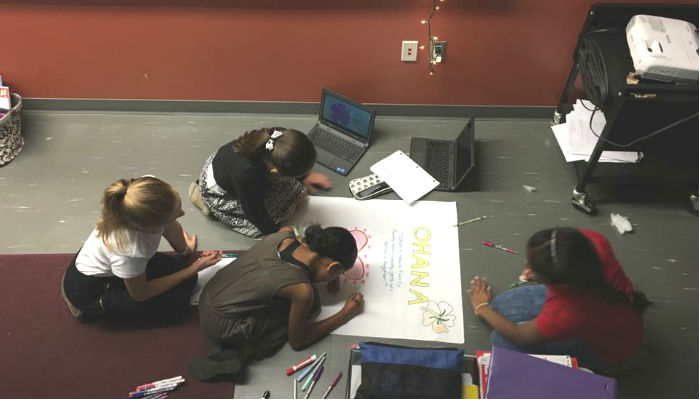
Students Work At The Right Difficulty Level For Them
Summit Learning allows me the flexibility to assign gifted students the same concept as other students but at a more challenging level. Through the Summit Learning Platform and curricula, I am able to provide cognitively challenging alternate activities.
For example, many of my gifted students were given an activity to create their own mythical world after our Greece Unit. Students were able to use not only English and History, but also bring in elements of Math and Science into the activity as well as creativity and teamwork to build their own working city.
Students also have the opportunity to participate in Genius Hour, a time of the week that allows students to follow their own passions and explore creatively in the classroom. My gifted students were able to research a topic they were passionate about.
Self-Directed Learning Allows for a More Complete Education
In public education, often I have students who have skipped a grade level because they were “too ahead of their class.” This transition isn’t always successful.
Concepts are usually taught sequentially through multiple grades, so students who skip grades can miss concepts from the grade they move on from and have trouble later on. Often, I’ve found it’s better both socially and emotionally for students to stay at their current grade level with customized learning.
My students have benefited immensely from staying in their current grade level. Being with peers that challenge them in different ways is also important.
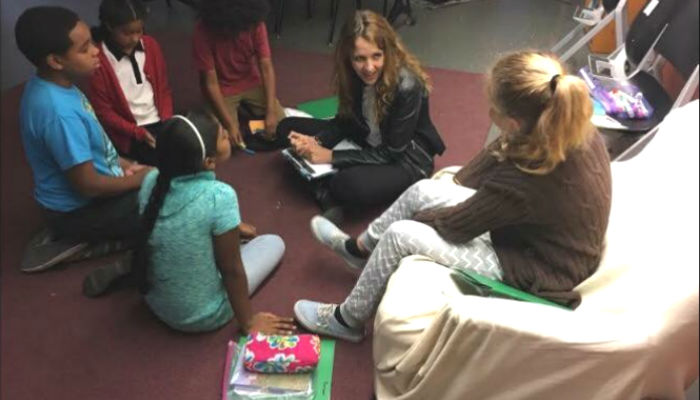
Self-Direction Prepares Students for a Brighter Future
I have found my students move on to 7th grade ready to tackle their English class through a new, more critical lens. They’re more well-spoken and poised as a result of not only the academic skills the Summit Learning Program teaches, but they also benefit from the Habits of Success and life skills the Program encourages.
One of my students, Liam, was at the top of his class since Kindergarten. He was smart, did all his work, and then would go read in a corner and wait patiently until the next task was assigned.
This year, Liam challenged himself to not just finish the work, but understand it. He became more engaged with his peers, often leading groups during Project time. Occasionally, he would even take a backseat and allow others to lead him. Liam listened with an open mind and was not quick to shut people down like in years past. Summit Learning’s process instilled in him the importance of collaboration and mastering a concept.
Seeing students like Klara and Liam fully engaged in the learning process has been such a joy to me. They finally got the opportunity to take charge of what, when, and how they wanted to learn.
I feel so fortunate that I am finally given the opportunity to reach all of my students.
Read more about how Summit Learning teachers have customized learning in their classroom for specific student populations on the Summit Learning Blog.

